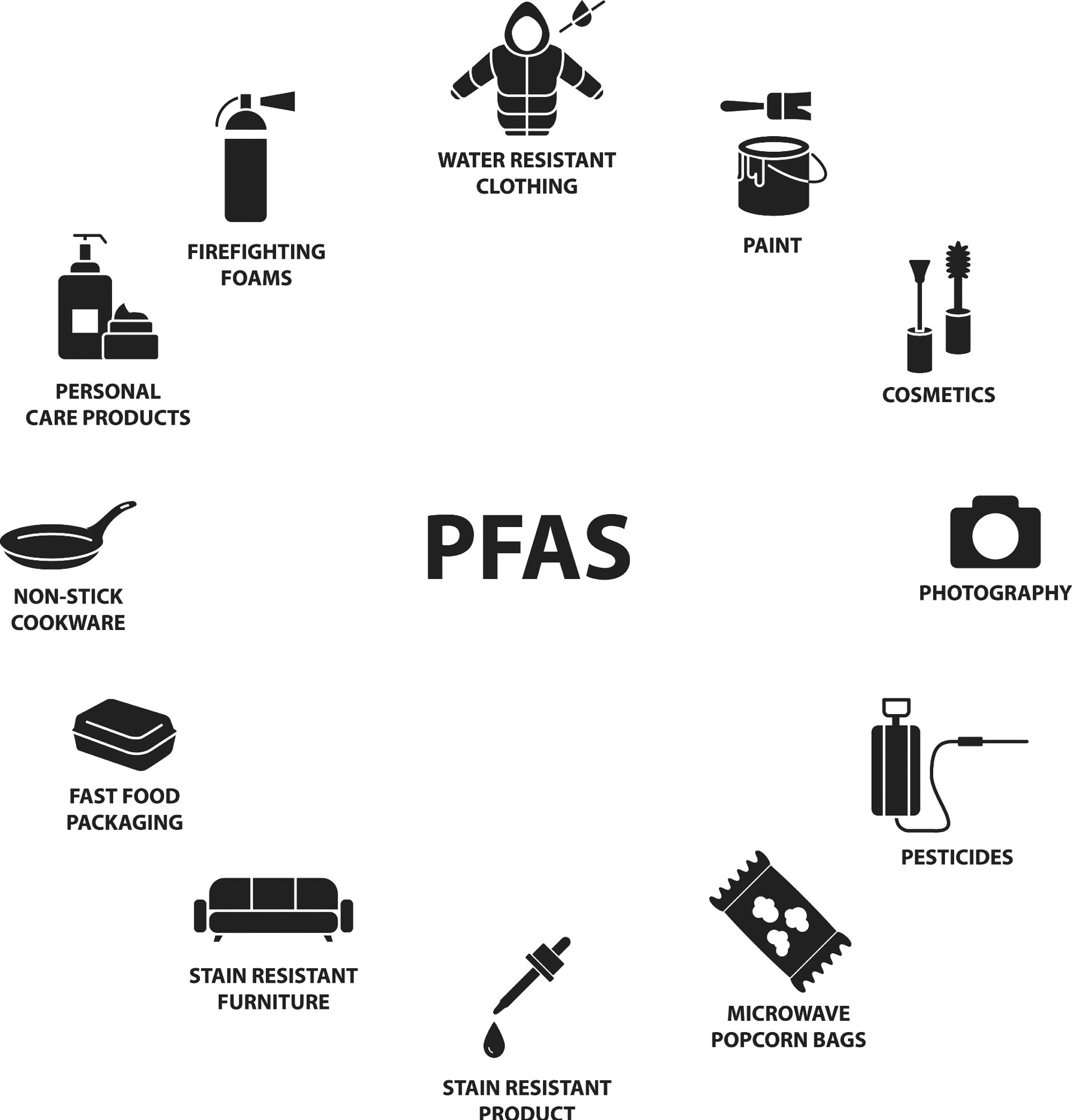Imagine you’re at your desk, immersed in your tasks, when suddenly the sound of raised voices breaks your concentration. You recognize one of the voices—it’s your boss, and she’s not just raising her voice; she’s in full-blown scream mode. The other voice, you realize with a sinking feeling, belongs to the owner of your company. Words like ‘liar’ and ‘bad for the company’ pierce through the walls, and you can’t help but wonder: Should I be worried about my job security? Is this normal? How should I react to this?
Let’s take a step back and assess the situation. Hearing your boss get screamed at by the company owner can be unsettling, to say the least. It’s a window into the power dynamics at play within your workplace and can trigger a range of concerns about the company culture, your position within the organization, and the overall health of the business.
It’s important to recognize that workplace conflicts, including those involving yelling, are not uncommon. The Harvard Business Review has noted that some of the most successful leaders, such as Steve Jobs and Jeff Bezos, had reputations for being yellers. This suggests that yelling, in some business circles, is not necessarily seen as a managerial weakness or a failure of leadership. However, this doesn’t mean it’s a universally accepted or effective management style.
Jon Gordon, author of ‘The No Complaining Rule: Positive Ways to Deal with Negativity at Work,’ points out that yelling at employees can be humiliating, decrease their self-esteem, and put them in a state of fear and anger. This is far from the ideal emotional state for productivity and creativity. So, while some leaders may yell, it’s clear that it’s not the most constructive approach to management.
Is Yelling in the Workplace Allowed?
Legally speaking, supervisors and managers are allowed to yell at employees. However, there’s a fine line between a manager expressing frustration and what could be considered harassment. When yelling is directed at or against a protected class, it may qualify as harassment. This is when the situation becomes more than just a matter of poor communication—it becomes a legal issue.
Identify the Issue and its Impact on the Workplace.
When you hear a supervisor or manager yelling, it’s often a symptom of deeper issues within the organization. It could be indicative of high stress, unrealistic expectations, or a lack of proper communication channels. This behavior can create a toxic work environment, erode trust, and affect morale and productivity. It’s crucial to recognize the seriousness of these incidents and understand that they need to be addressed promptly to prevent escalation and potential legal repercussions.

Who’s Responsible for Addressing the Problem?
Typically, it’s the role of HR leaders or higher-level management to step in when a supervisor or manager is caught yelling at an employee. They need to have a conversation with the involved parties, understand the reasons behind the outburst, and take steps to prevent future incidents. This might involve additional training, revising communication policies, or adjusting team dynamics. HR is also responsible for ensuring the organization is compliant with workplace laws and maintaining a positive workplace culture.
When an incident of yelling occurs, it’s essential for the organization to take immediate corrective action. This shows a commitment to a respectful and positive work culture. A transparent and fair investigation process should be established, with clear channels for employees to voice concerns without fear of retribution. Ensuring non-retaliation is crucial for maintaining trust and integrity within the organization.
Developing and enforcing strong policies to prevent supervisor abuse is crucial.
These policies should clearly define what constitutes abusive behavior and outline the consequences. The policy creation process should involve input from various stakeholders and be communicated effectively to all employees. Training sessions can help employees understand the policy, and HR departments should be empowered to enforce it decisively.
Establishing safe and open channels for reporting verbal abuse is key to maintaining a positive culture. Mediation can serve as an effective initial approach, allowing for constructive dialogue and mutual understanding. Regular check-ins and open feedback channels can also help address issues proactively.
Training programs can enhance leadership and communication skills within the supervisory and management team. Leadership training should cover effective styles, emotional intelligence, and positive motivation techniques. Communication skills development should include active listening and constructive dialogue techniques. Conflict resolution courses are also valuable, teaching how to identify and address conflicts early and effectively.
While it may be unsettling to hear your boss being yelled at, it’s important to understand the context and the policies in place within your organization. It’s also an opportunity to reflect on the culture of your workplace and consider whether it aligns with your values and expectations for a professional environment. Remember, a single incident doesn’t necessarily define a company, but how it’s handled can speak volumes about its leadership and values.
Navigating the choppy waters of a high-volume work environment can be a daunting task, especially when the sound of your boss getting an earful from the company owner still echoes in your mind. But fear not, for there are strategies you can employ to ensure that you not only survive but thrive in such a setting.
It’s essential to maintain a level of professional detachment.
While it’s natural to be concerned when you witness such intense confrontations, remember that this is not a reflection of your work or worth. Keep focused on your responsibilities and continue to deliver your best. This will not only help you stay productive but also demonstrate your reliability and professionalism.
If the incident has left you feeling uneasy or unsure about your standing in the company, it might be worth having a discreet conversation with your boss or HR. Approach the topic with sensitivity and express your concerns without prying into the details of the incident. This can help clear the air and provide you with some reassurance.
Build a support network within your workplace.
Connect with colleagues who share your commitment to a positive work environment. This network can provide emotional support, offer advice, and help navigate the complexities of office dynamics. Remember, there’s strength in numbers, and a united front can foster a more respectful and collaborative atmosphere.

It’s also crucial to document any incidents that directly affect you or significantly impact the workplace environment. While you may not have been the target of the yelling, if such behavior becomes a pattern, having a record can be important. Documentation should be factual, noting dates, times, and the nature of the incidents, without subjective commentary.
Investing in your personal development can also be a strategic move. Enhance your skill set, seek out additional training, and take on new challenges. By doing so, you not only increase your value to the company but also bolster your employability should you decide to seek opportunities elsewhere.
Take care of your mental health.
Working in a high-stress environment can take its toll, so it’s important to engage in activities that help you unwind and de-stress. Whether it’s exercise, hobbies, or spending time with loved ones, find what works for you and make it a part of your routine.
While you can’t control how others behave, you can control how you respond. By employing these strategies, you can navigate a high-volume work environment with confidence and poise. Remember, it’s about finding a balance between being aware of the dynamics at play and focusing on your own path to success. So keep your head up, your communication clear, and your resolve strong. After all, it’s not just about surviving the storm—it’s about learning to dance in the rain.
Related posts:
Are Supervisors and Managers Allowed to Yell at Employees?
Tips for Coping When Your Boss Yells at You
Dealing with Stress at Work – What to do When Your Boss Yells at You




![[Gallery] The Dark Side of the Hero: 20 Movies Where the Protagonist Realizes He’s Not the Good Guy at the End](https://img1.doubanio.com/view/photo/l/public/p1160736690.webp)
